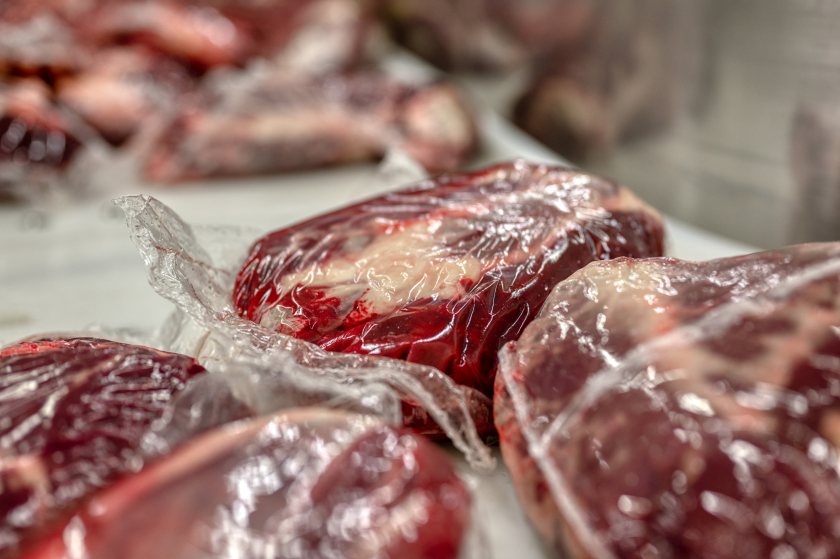
Travellers entering Britain from the EU are being reminded that strict restrictions remain in place on bringing in meat and dairy products, as the government moves to prevent the spread of serious animal diseases.
The rules—introduced in April—ban all personal imports of dairy products and selected meats such as lamb, pork, goat and venison from the bloc.
The move aims to stop the introduction of foot and mouth disease (FMD), African swine fever (ASF), peste des petits ruminants (PPR), and lumpy skin disease (LSD).
The restrictions apply only to travellers arriving in GB (not Northern Ireland), and include all products containing the banned meats or dairy items—such as sandwiches, cheese, sausages, butter, salami, yoghurt and pâté—regardless of whether they are sealed, store-bought or duty free.
Defra said the measures are essential to protect the UK’s biosecurity, especially as millions of people head abroad over the summer holidays.
Baroness Hayman, Minister for Biosecurity, said: “Diseases present a potentially catastrophic risk to the UK’s farmers and food supply. This government will always do all it can to stop that from happening.
“Safety sometimes requires sacrifice, and so we have imposed restrictions on personal meat and dairy imports. These are essential to preventing the spread of disease and protecting the country.”
Dr Jorge Martin-Almagro, UK Deputy Chief Veterinary Officer added: “We extended restrictions on personal imports of EU food products following the rising risk of foot and mouth disease entering Great Britain.
“Foot and mouth, along with African swine fever and peste des petits ruminants, continues to present a significant risk to Britain’s food security and economy.
“I urge all travellers to follow the latest rules to help maintain the UK’s biosecurity and prevent a disastrous incursion of disease.”
Border Force officers are conducting checks on travellers at ports and airports, and any banned products found will be seized and destroyed.
Those caught attempting to bring in prohibited items may be fined up to £5,000 in England, or face prosecution.
The rules do not apply to travellers entering Great Britain from Northern Ireland, the Channel Islands or the Isle of Man. Nor do they affect commercial imports, which must meet strict health certification and treatment standards.
The government says the measures will remain in place until the risk from affected products falls to acceptable levels.
What travellers need to know
• Banned items include all dairy products and meat or meat-based products made from pork, lamb, goat, venison, and mutton from the EU.
• These include popular items like cheese, chorizo, yoghurt, ham, butter, sausages, and even meat sandwiches.
• The ban applies only to personal imports, not commercial trade.
• Items must be surrendered at the border or risk fines and confiscation.
• The ban does not apply to travellers from Northern Ireland, Jersey, Guernsey, or the Isle of Man.
Foot and mouth disease is a highly contagious virus that affects cloven-hoofed animals including cattle, sheep and pigs.
While not dangerous to humans, it can survive in meat and dairy products for months and spreads easily via contaminated items or travellers.
An outbreak could be devastating to the UK farming sector. The 2001 FMD crisis resulted in the culling of over 6 million animals and is estimated to have cost the UK economy the equivalent of £15 billion in today’s money.
The current government risk assessment places the likelihood of FMD entering the UK at “medium.”
